pewresearchcenter
Latest
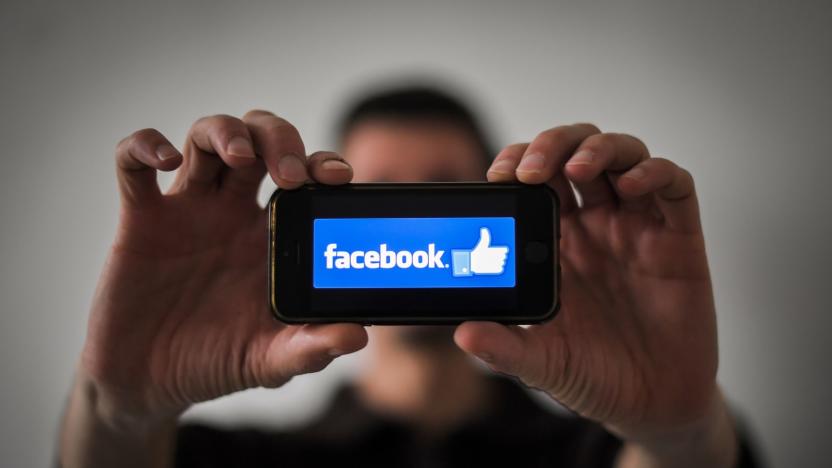
Many Facebook users still don't understand how targeted ads work
Despite major scandals, Congressional hearings, and efforts to highlight user privacy controls, most Facebook users still don't know the social network shares their interests with advertisers, according to a new survey conducted by Pew Research Center. When they do find out, they usually aren't pleased to discover how Facebook categorizes them.
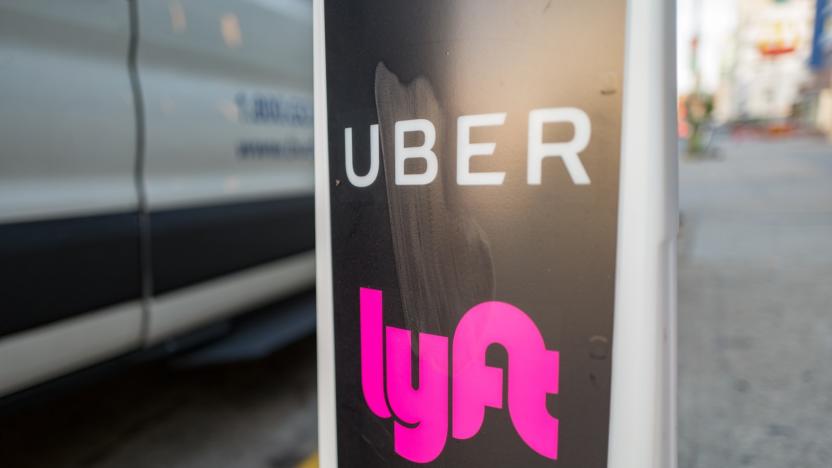
Ride-hailing use in the US has more than doubled in three years
The Pew Research Center has released the results of a new study showing how the usage of ride-hailing services has grown over recent years. In 2015, just 15 percent of surveyed US adults said they used services like Lyft or Uber, but in a survey conducted last year, 36 percent of those who responded said they had used such services at some point. Additionally, those saying they had never heard of ride-hailing decreased from 33 percent to just three percent between 2015 and 2018.

More people get their news from social media than newspapers
For the first time since the Pew Research Center began tracking how adults in the US get their news, social media has edged out print newspapers. In a survey conducted earlier this year, 20 percent of adults said they often get news via social media while just 16 percent said the same about print newspapers. However, neither are as popular as radio, news websites or television. Television topped the list, with 49 percent of respondents saying they get news from TV often while 33 percent and 26 percent of respondents said news websites and radio were significant news sources for them.

Survey says teens find some benefit from social media
The Pew Research Center has already given us a look into teens' social media and smartphone use, and in a new survey it's sharing some of the more positive effects of social media, as experienced by teens. While these younger social media users noted some negative aspects -- like feeling overwhelmed by drama and the pressure to post content that will generate likes and comments or make them look good -- more teens reported a number of benefits of participating in social networks.

Most Americans believe algorithms will always be biased
If you're convinced that many algorithms are biased, you're not the only one. Pew has conducted a survey indicating that 58 percent of American adults believe algorithms and other programming will always contain some kind of human bias. That figure is partly skewed by age (63 percent of those over 50 didn't believe algorithms could be completely neutral), but even the relatively optimistic 18-29 crowd showed some distrust, with 48 percent believing there would still be some bias.
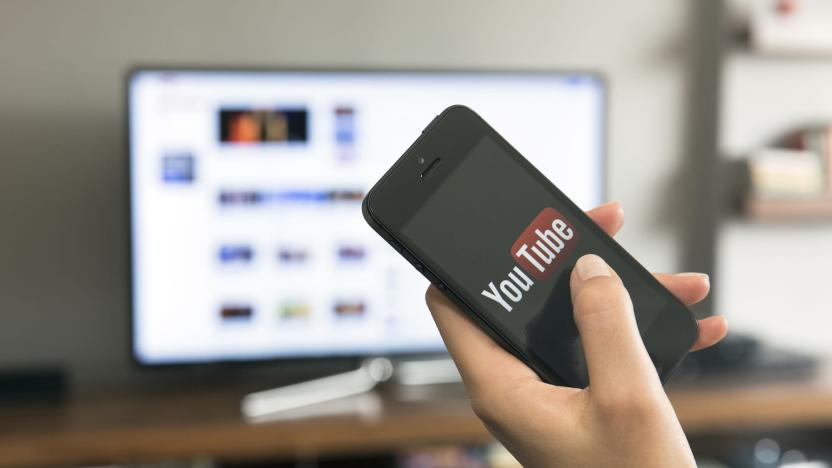
YouTube users are running into fake and dangerous videos, study finds
New data from Pew Research Center highlights both the highs and lows of YouTube. The study -- which was based on a survey of 4,594 adults in the US conducted earlier this year -- found that people of all ages use YouTube for just about everything. It's especially a popular choice for figuring out how to do something they have never done before and for entertainment purposes. Unfortunately, a majority of YouTube users report being exposed to false or "troubling" videos during their visits to the platform.

Cellphone and internet adoption may have peaked in the US
There's no question that technologies like cellphones and internet access have become ubiquitous, but they now appear to be hitting their peak in the US. Pew Research Center's latest technology study has shown that key categories technological adoption has gone virtually unchanged since the last study in 2016, suggesting they've hit saturation points. Much like two years ago, about 95 percent of all Americans studied (99 percent in the ages 18-49 group) have cellphones, 89 percent have internet access, 77 percent have smartphones and 69 percent use social networks. In fact, PC adoption went down -- 73 percent have a computer where 78 percent did in 2016.
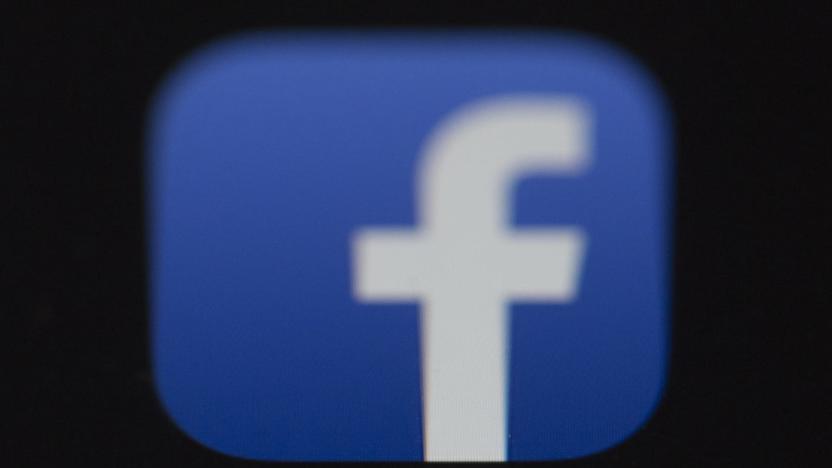
Facebook users are changing their social habits amid privacy concerns
The Pew Research Center has released the results of a survey that shows many Facebook users have changed how they interact with the site over the past year. The center polled 4,594 US adults between May 29th and June 11th and it found that 54 percent said they had adjusted their privacy settings, 42 percent had taken a break from the platform for at least several weeks and 26 percent said they deleted the Facebook app from their phone in the past year. In all, 74 percent of those surveyed had taken at least one of those actions over the past 12 months, though it's unclear if that's a typical rate or a response to recent privacy-related scandals.

Even teens are worried about how much they use their smartphones
Today, the Pew Research Center released a new report on teenagers and screen time. Specifically, 54 percent of teens (aged 13 to 17) worry that they spend too much time on their cell phones. Around two thirds of parents feel their teens have too much screen time.

Teens are using Facebook less and less
Pew Research Center released a new study today on teen social media use and among findings on internet usage, the impact of social media and smartphone access, the report notes a shift in which sites are preferred by teens. In a similar study released in 2015, Pew Research Center found that 71 percent of 13- to 17-year-olds said they used Facebook, while around half used Instagram and 41 percent used Snapchat. Now, just 51 percent of teens say they use Facebook, while YouTube, Instagram and Snapchat lead amongst the age group. Around 85 percent of US teens surveyed said they use YouTube (which wasn't included in the 2015 study), while 72 percent and 69 percent say they use Instagram and Snapchat, respectively.
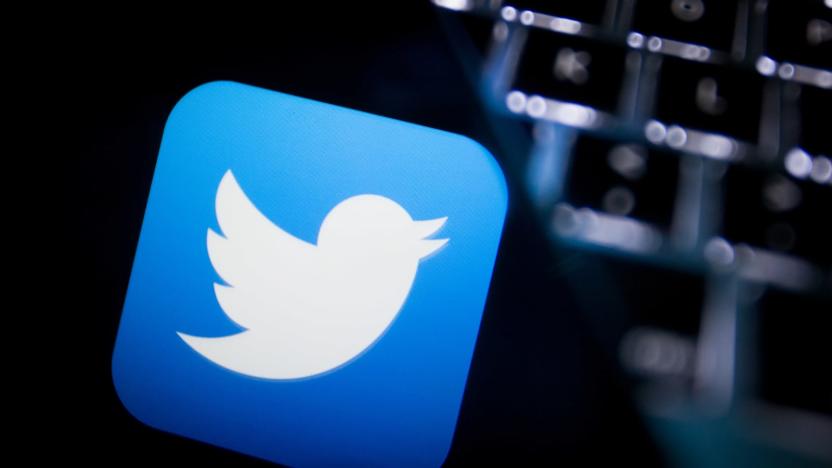
Study says Twitter bots share 66 percent of links to popular websites
The Pew Research Center has just released a report detailing the role Twitter bots play in spreading links from popular websites. Researchers analyzed around 1.2 million tweets posted by 140,545 accounts between July 27th and September 11th, 2017 that shared links to 2,315 popular websites. And they found that bots play a larger role than humans do in sharing those links. Of all of the tweeted links included in the study, 66 percent were shared by what appear to be bots. And 22 percent of tweets with links to popular news and current event sites were posted by the top 500 most-active suspected bot accounts. Comparatively, the 500 most-active human accounts were only responsible for six percent of tweeted links to those types of sites.
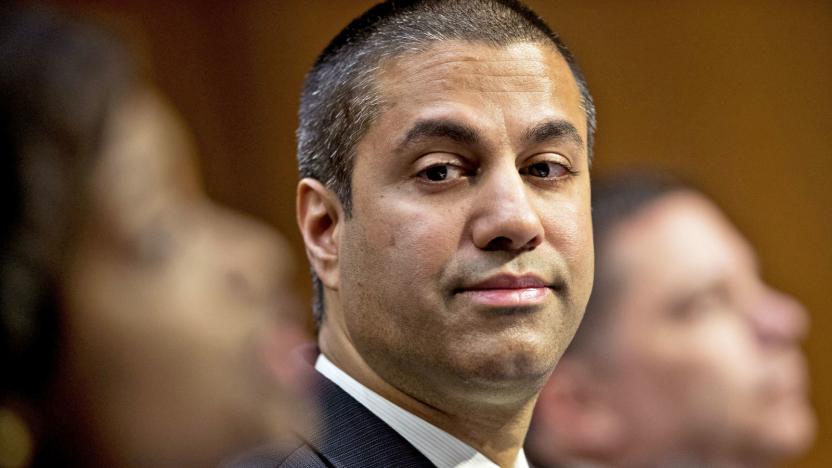
Senators ask the FCC to delay its net neutrality vote (updated)
A group of senators has sent a letter to the FCC asking the commission to delay its December 14th vote on proposed net neutrality protection rollbacks, The Hill reports. Led by Senator Maggie Hassan, 28 senators signed the letter, which pointed to evidence that the proposal's public comments were rife with fraudulent posts. "A free and open internet is vital to ensuring a level playing field online, and we believe that your proposed action may be based on an incomplete understanding of the public record in this proceeding," they wrote. "In fact, there is good reason to believe that the record may be replete with fake or fraudulent comments, suggesting that your proposal is fundamentally flawed."

Over half of FCC net neutrality comments may be fake, study says
The FCC's proposal to roll back net neutrality protections was up for public comment between April 27th and August 30th and while nearly 22 million comments were submitted, there's been a bit of discussion surrounding who or what registered those comments and how accurately they reflect the public opinion of the plan. The Pew Research Center looked into those millions of comments and it published its findings today. Overall, the center found that very few comments were unique, more than half came from temporary or duplicate email addresses and on multiple occasions, tens of thousands of comments were filed at the exact same time, suggesting use of bot campaigns.

51 percent of tech experts say fake news can't be fixed
With content peddlers Facebook and Google still struggling to combat fake news, especially during crises like the Las Vegas shooting, the proliferation of such false content might seem like an unstoppable flow. If that's your opinion, you're in the (slight) majority. A Pew survey of over 1,100 "tech experts" and scholars found that 51 percent believed the fake news problem will continue to get worse in the next decade.

Americans think it's rude to stay glued to your phone, do it anyway
You're no doubt astute enough to know that you should stop using your cellphone in some social situations, but how good are you at heeding your own advice? If Pew's latest study is any indication, the answer is "not very." The research center found that 82 percent of American survey respondents see cellphone use as a bane to social interaction, but that 89 percent of phone owners used their devices during their most recent gatherings. And they weren't just checking for notifications, either -- more than half of those surveyed were messaging, taking photos and answering calls.

Pew: if you use Facebook or Twitter, you probably get news there
Do you read news on Facebook instead of a dedicated site, or catch breaking stories on Twitter instead of TV? You're not alone. Pew's latest study shows that 63 percent of American Facebook and Twitter users rely on the social networks as news sources -- at least an 11 percent jump from two years ago. That isn't entirely surprising given recent (and ongoing) efforts to highlight the day's events on both services, but it also shows how some news is virtually defined by what happens on social networks. If you followed protests against police abuses, for instance, the best sources were usually Twitter-savvy marchers.

A third of Americans improved their privacy in light of spying leaks
When you found out about the scope of the US government's mass surveillance efforts, did you improve your online privacy habits? If so, you're in good company. A Pew Research Center survey indicates that about 30 percent of Americans have taken at least one step to protect their info from prying eyes, whether they've toughened up their social network settings or held more conversations in person. About 22 percent say they've changed the way they use technology like email and cellphones.

Young adults flock to Instagram, while more seniors sign up on Facebook
When we wrote about that survey, which found that working adults care more about email than social media, we said that might be why grandparents are some of the most active on Facebook. Well, according to this new study that's also from Pew Research center, we got it right: more than half (56 percent, to be exact) of internet users aged 65 and above have signed up on the social network. What's even more impressive is that percentage apparently comprises 31 percent of all seniors in the US. If you're looking to get in touch with your selfie-loving teenage cousin, though, you may want to hit up Instagram instead. 53 percent of young adults between the ages 18 and 29 prefer the photo-sharing social network, which probably explains all those cringe-inducing reactions to Instagram's recent spam account crackdown.

Working adults are too busy emailing to care about social media
This new Pew Research survey might explain why the most active people in your Facebook friends list are your grandparents and selfie-loving high school cousin. The research firm asked over a thousand adults online what role technology plays in their work lives, and according to the results, those who have jobs find internet connection and email the most important tools for communication. For some reason, landline phones outrank cellphones and smartphones, while social media occupies the very last place.

Pew Research: You know the internet, but you might not 'get' it
Given how ubiquitous smart devices are, one might think that, overall, people would have a pretty comprehensive knowledge of tech. That isn't exactly the case. According to a recent Pew Research survey, 60 percent of the representative sample knew that tweets are limited to 140 characters, but only 42 percent knew that Harvard is where Facebook originated. And despite how much new iPhone announcements dominate the news cycle, only some 36 percent correctly picked 2007 as the year Apple unveiled its first smartphone. Even fewer were able to accurately identify the first "widely popular graphical web browser." Hint: it wasn't Netscape Navigator. As The Washington Post points out, a vast majority of people happen to think that "World Wide Web" and "internet" are interchangeable too.






